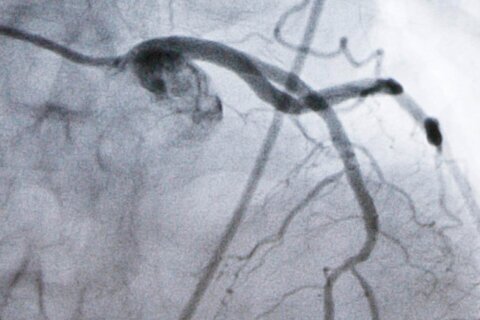WASHINGTON — Morale at the National Institutes of Health took a major hit after the release of an April 2016 report that concluded research took precedence over patient care and patient safety.
The report, called the “Reducing Risk and Promoting Patient Safety for NIH Intramural Clinical Research,” said that “a culture and practice had gradually and unintentionally evolved at the NIH Clinical Center where patient safety had become subservient to the demands of research.” That statement had a profoundly negative impact on the staff’s morale.
The Clinical Center, also called Building 10, is the main research building at the National Institutes of Health. Staff at the Clinical Center rejected the report’s findings, saying that the people who know the Clinical Center best — people who work in Building 10 — were not sufficiently consulted for the report.
Now, a new report has been released in response to the first report and its negative impact on the staff.
Over the last year, NIH staffers have been part of focus groups. The goal was to identify their concerns and challenges at the research hospital and find ways to improve the Clinical Center.
This newest report was done at the request of NIH’s director and the principal deputy director. Seventy focus group sessions were held with 621 participants between September 2016 and January 2017. One-on-one meetings and follow up discussions were held with focus group participants, NIH Office of the Director staff and Clinical Center leadership between July 2016 and July 2017.
The new report identifies problems with management, communication and accountability. Infrastructure and building maintenance also emerged as big concerns because of their impact on critical services such as operating rooms that experience multiple or frequent water leaks, which delay needed procedures.
Also cited was the need for investments in equipment such as those that control infection. The Clinical Center currently has only one ultraviolet light robot used for operating room disinfection and to disinfect other rooms.
There are major concerns over old equipment being used beyond its useful life span due to budget shortfalls. In some cases, the equipment is so old replacement parts are no longer available.
According to the report, some of the issues have already been addressed or are being addressed. And even in the face of the challenges, staff say they are committed to providing the highest quality care to patients and feel that it is a privilege to work at the nation’s top research institution.







